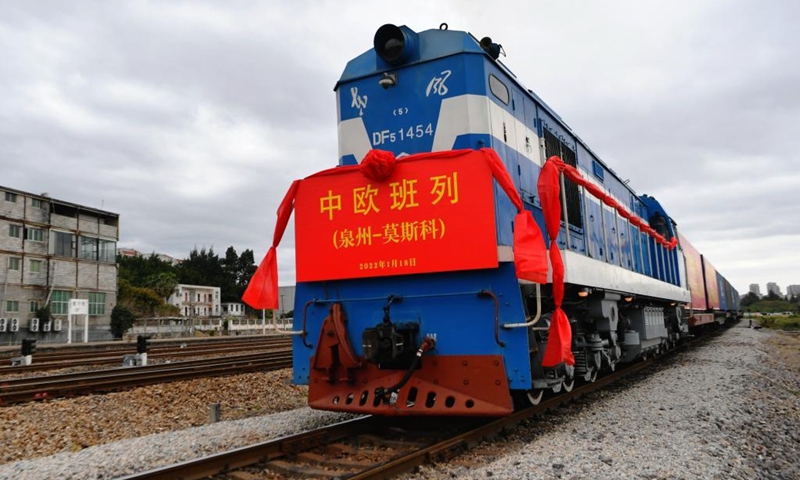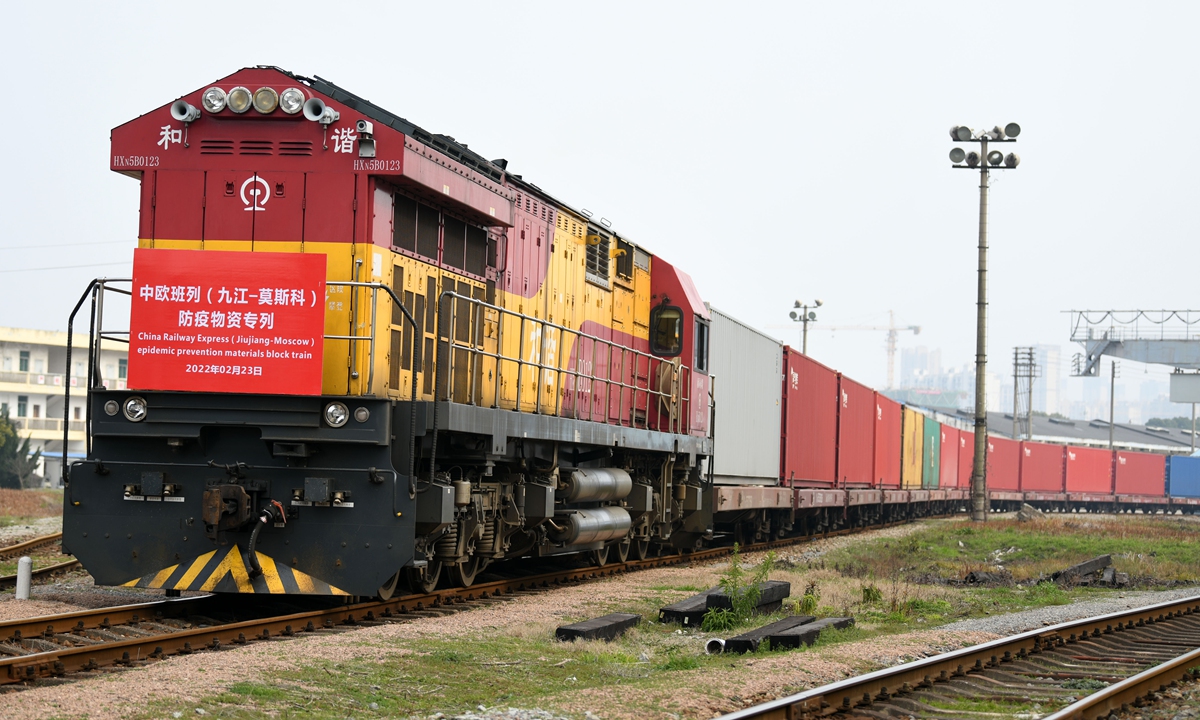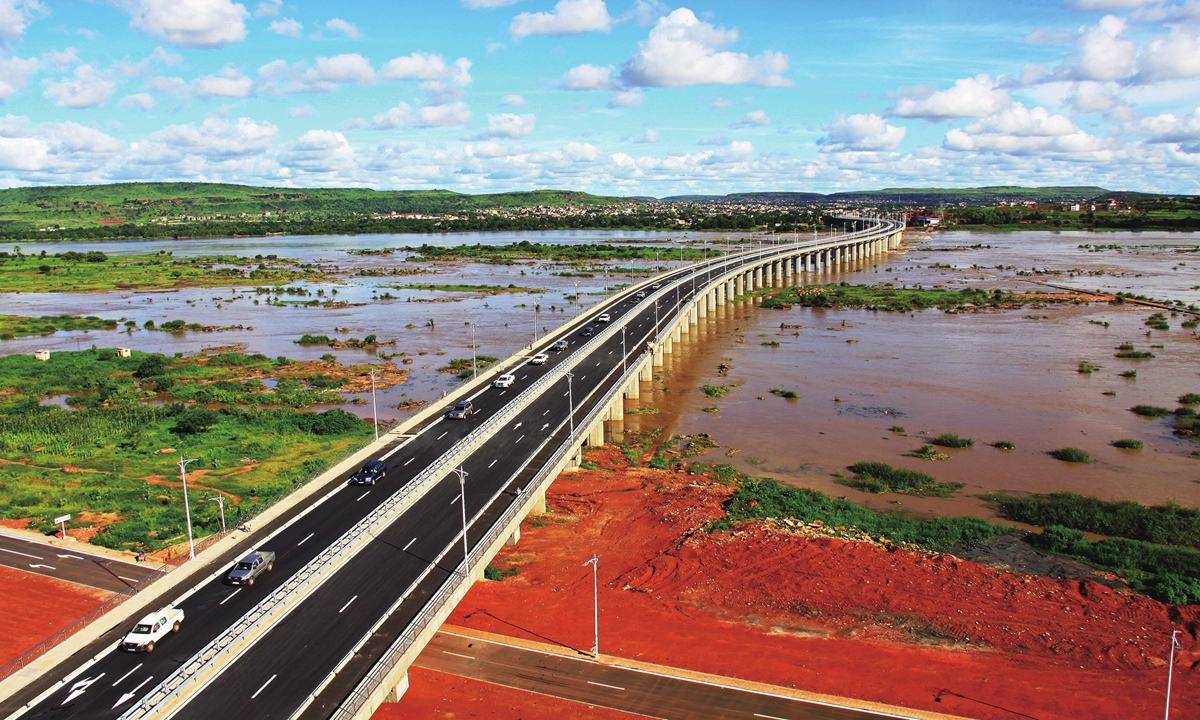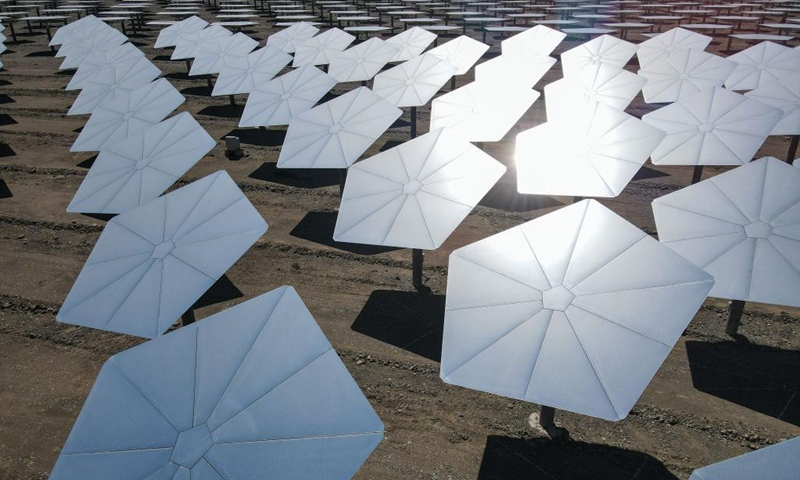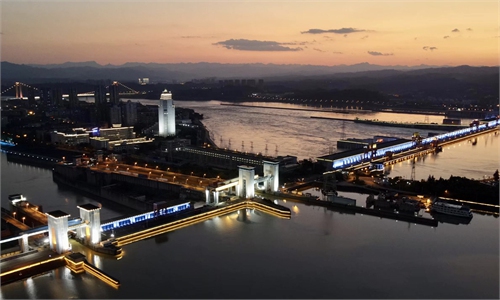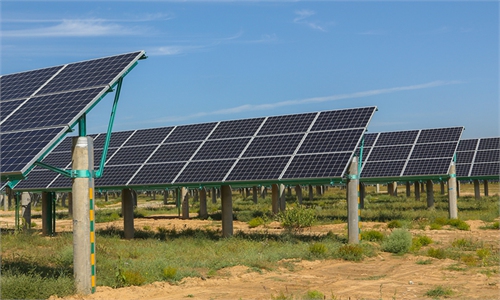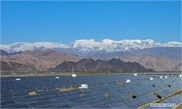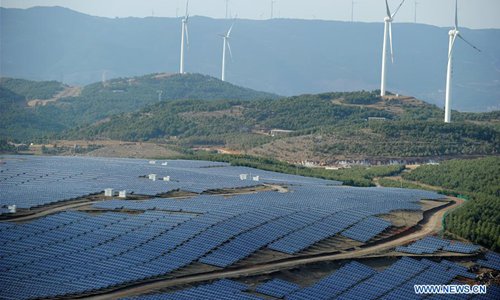
Photo taken on March 13, 2018 shows the Pingjing photovoltaic (PV) power station and Dahaizi wind power station in Weining County, southwest China's Guizhou Province. (Xinhua/Li Xin)
China's top economic planner on Monday issued a guidance on the green development of the Belt and Road Initiative (BRI), encouraging enterprises to invest and cooperate in green energy, finance, transport, technology and standards, as well as new-energy vehicle (NEV) production.
Promoting green development under the BRI is a major step to actively respond to climate change and safeguard global ecological security, read the guidance released by the National Development and Reform Commission (NDRC).
"We will encourage enterprises to invest and cooperate in the new-energy industry and the manufacturing of NEVs. We will encourage enterprises to set up overseas equity investment funds focusing on green and low-carbon sectors, and flexibly conduct investment cooperation in green industries through various means," said the NDRC.
The top planner vowed to steadily advance cooperation on green infrastructure, energy, transportation and finance by 2025.
By 2030, environmental risk prevention and control systems for overseas projects should be improved.
To realize the targets, the NDRC said that China will stop building new overseas coal power projects. For existing projects in this sector, China encourages enterprises strengthen the clean and efficient use of coal, while upgrading energy conservation and environmental protection facilities through the use of advanced technologies such as efficient desulphurization, and carbon dioxide capture, utilization and storage.
Cooperation on green energy will also be strengthened by encouraging Chinese solar and wind power enterprises to go global. Joint research and training on efficient and low-cost renewable energy generation, advanced nuclear power, smart grids and the storage of hydrogen energy will be conducted.
Under the green BRI development guidance, enterprises are encouraged to promote the electrification of overseas railways, and to develop multimodal transport and green logistics, especially the China-Europe freight trains.
The China-Europe freight railway has been a stable and increasingly important transport link between China and Europe, especially amid the COVID-19 outbreak.
Between 2016 and January, there were more than 50,000 China-Europe cargo train trips, with businesses extending to 180 cities in 23 countries in Europe.
China will also step up imports and exports of energy conservation and environmental protection products and services, read the guidance.
China has been promoting green development under the BRI for years, with green projects already serving local communities.
Global Times
